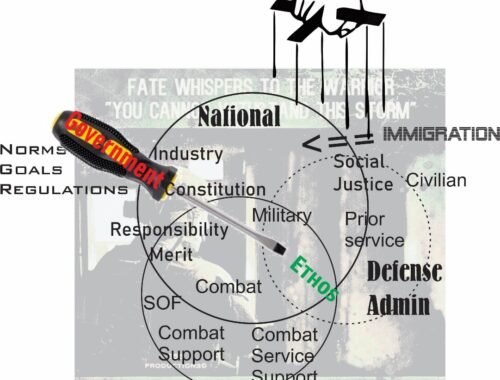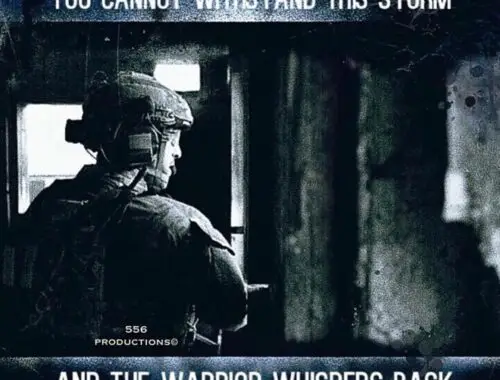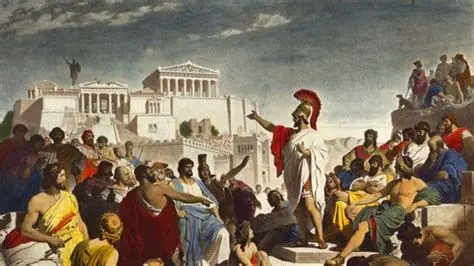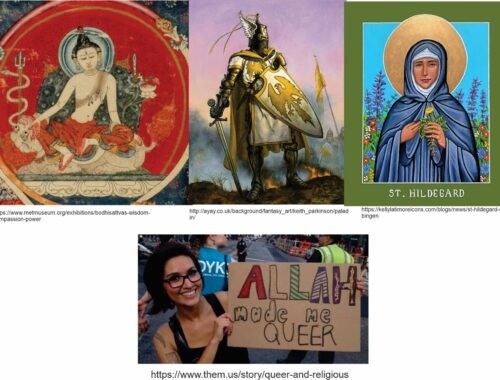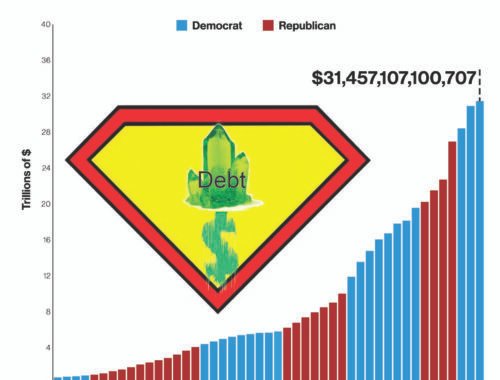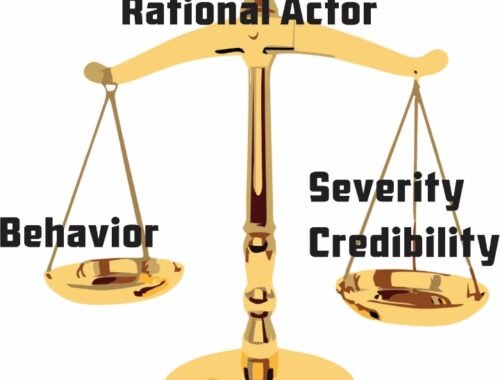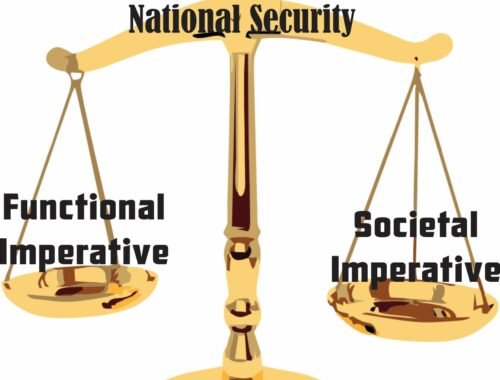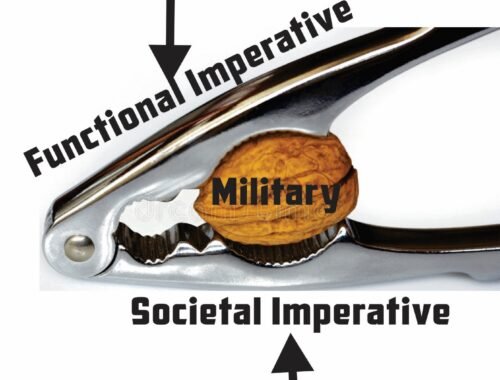The Warrior Ethos: Part 2, Culture
Recall from part 1, Mirriam-webster defines Ethos as: “the distinguishing character, sentiment, moral nature, or guiding beliefs of a person, group, or institution”. Ethos is a manifestation of the cultural matrix from which it emerges. As the core culture changes,…
The Warrior Ethos: Part 1 Introduction
When a friend asked me to write a series on restoring the Warrior Ethos to the military, I started pondering a series of questions: What is a “warrior ethos”? How do we know it is missing and needs to…
Democracy: Is the US Defining the Right Target for National Security?
“What is liberty without wisdom and without virtue? It is the greatest of all possible evils, for it is folly, vice, and madness, without tuition or restraint.” –Edmund Burke “Next in importance to freedom and justice is popular education, without…
Coexist Part 2: Believers
This is part 2 of the series on Coexist. It explores the believers group discussed in Part 1. This part will look in more detail at the believers’ group of the Coexist set and assess their impact on Domestic…
Can a Free Republic be a Superpower: Part 4 Toxic Debt
Toxic Debt threatens not only the ability to be a superpower, but our entire way of life. When I was in Bosnia right after the 911 attacks, many of our soldiers said this could never happen in the US. I…
Can a Republic be a Superpower Part 3: Operational Security, Transparency, and Security
When I looked at the question, Can a Free Republic be a Superpower?, the conflict between transparency and security troubled me. I set the series aside for a bit and was reminded of it when I wrote a post…
Can a Free Republic be a Superpower: Part 2b: Superpower or Sleeping Giant?
Potential Energy (source https://www.livescience.com/65548-potential-energy.html) Japanese Admiral Yamamoto reportedly said, “I fear all we have done is to awaken a sleeping giant and fill him with a terrible resolve.” after WWII. The US quickly mobilized society and all elements of…
Deterrence and the Interagency Process, Part 2: Interagency
“The evolution of the interagency process parallels Americas [sic] purposeful adaptation to changing global realities of the last five decades. But it is not an orderly evolution because of serious structural and cultural impediments, such as discontinuities from one administration…
The Bureaucratization of the Military, Part 1: Huntington and the Balance of Forces
When I entered West Point in 1977, we were told the military profession was a calling and something far more than a job. But even then, the forces that would become the social justice movement were already at work.…
The Bureaucratization of the Military, Part 2: The Nutcracker
This piece builds on Part 1 of the series. It morphs the balancing scale in Part 1 into a nutcracker based on the increasing Societal Imperative pressures and complex security environment that place a premium on the Functional Imperative.…

